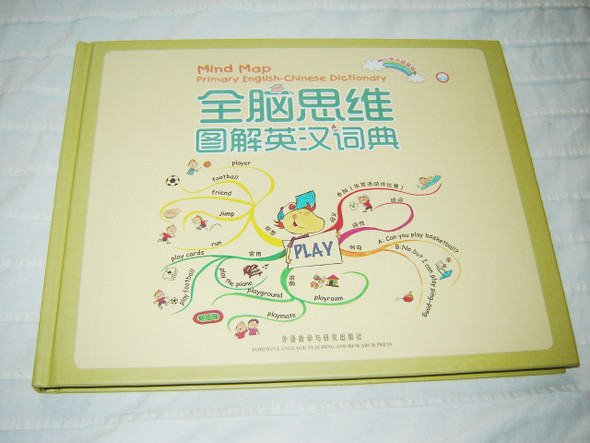Description
Yakan – English Dictionary
Author: Dietlinde Behrens
Summer Institute of Linguistics
Publisher: Linguistic Society of the Philippines
Manila 2002
SPECIAL MONOGRAPH ISSUE, Number 40, Volume 2
Cover Art: Yaklan Bunga Sama Weaving
Yakan belongs to the Sama-Badjaw subgroup of the Malayo-Polynesian family of Austronesian languages and is spoken by people of the same name who live on Basilan Island as well as on some smaller surrounding islands. With over 5500 entries, over 600 subentries, 157 tables in the body, plus 33 appendices, this dictionary contains a wealth of data collected over a 30 year period. The introduction contains a phonological and morphological description and there is an extensive English index.
2nd Printing 2009
ISBN 9717800103
- Paperback: 610 pages
- Publisher: Linguistic Society of the Philippines (2002)
- Language: English
- ISBN-10: 9717800103
- ISBN-13: 978-9717800103
- Shipping Weight: 3 pounds
The Yakan people are among the major indigenous Filipino ethnolinguistic groups in the Sulu archipelago. Having a significant number of followers of Islam, it is considered as one of the 13 Moro groups in the Philippines. The Yakans mainly reside in Basilan but are also in Zamboanga City. They speak a language known as Bahasa Yakan, which has characteristics of both Sama-Bajau Sinama and Tausug (Jundam 1983: 7-8). It is written in the Malayan Arabic script, with adaptations to sounds not present in Arabic (Sherfan 1976).
The Yakans reside in the Sulu Archipelago, situated to the west of Zamboanga in Mindanao. Traditionally they wear colorful, handwoven clothes. The women wear tightfitting short blouses and both sexes wear narrowcut pants resembling breeches. The women covers it partly with a wrap-around material while the man wraps a sash-like cloth around the waist where he places his weapon – usually a long knife. Nowadays most Yakans wear western clothes and use their traditional clothes only for cultural festivals.
Yakan is a Sama–Bajaw language of Basilan Island in the Philippines. It is the native language of Yakan people, the indigenous as well as the largest ethnic group in the island. It has a total of 110,000 native speakers. Despite being located in the Philippines, it is not closely related to other Philippine languages but more closely related to Sama-Bajaw languages and possibly Barito languages in Indonesian Borneo and those in Madagascar and Mayotte.
| Yakan | |
|---|---|
| Native to | Philippines |
| Region | Basilan |
| Ethnicity | Yakan people Filipinos in Malaysia |
|
Native speakers
|
(110,000 cited 1990 census)[1] |
| Official status | |
|
Official language in
|
Regional language in the Philippines |
| Regulated by | Komisyon sa Wikang Filipino |
| Language codes | |
| ISO 639-3 | yka |
| Glottolog | yaka1277[2] |












































